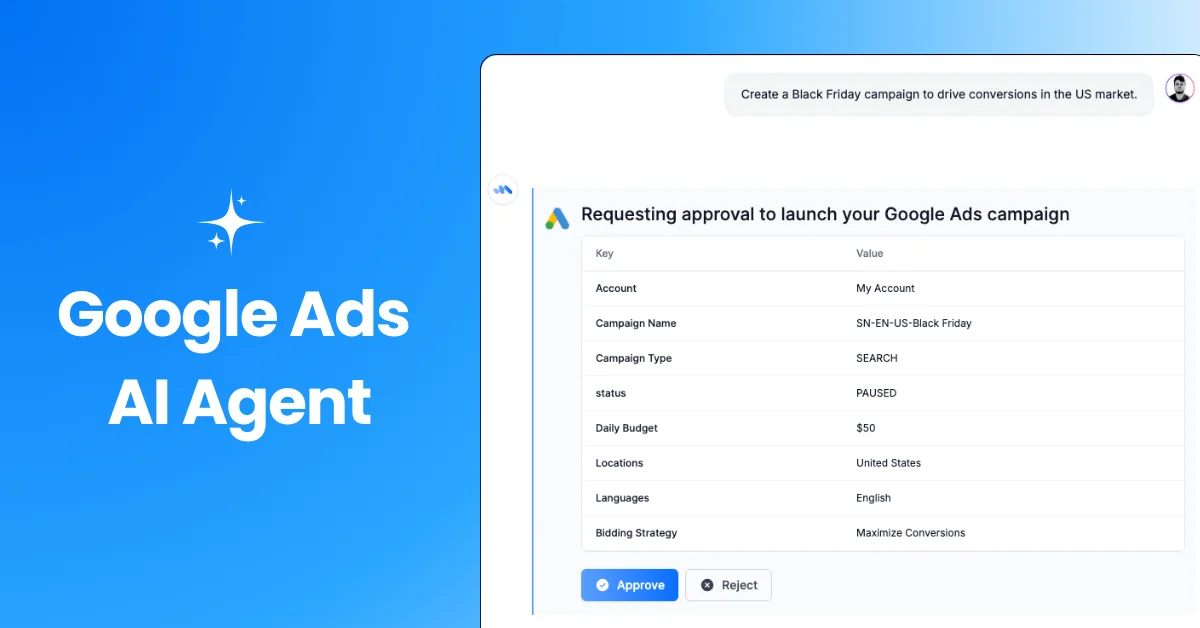Meta has exempted some of its top advertisers from standard content moderation processes to protect its multibillion-dollar business amidst concerns that its systems were mistakenly penalizing high-spending brands. Internal documents from 2023 reveal that Meta introduced "guardrails" to "suppress detections" based on advertising spend, with top advertisers receiving human reviews instead of automated checks.
A specific group, termed "P95 spenders," which includes those spending over $1,500 daily, is noted to be exempt from certain advertising restrictions but still subject to eventual manual review. These measures were implemented after Meta recognized that its automated systems had incorrectly flagged high-spending accounts for rule violations.
Despite claims from Meta that all advertisers are subject to the same standards, the documents indicate that higher-spending accounts faced fewer penalties, raising concerns about prioritizing revenue over user integrity. The company reported that its advertising revenue was nearly $135 billion in 2023, and it typically uses a mix of AI and human moderators to enforce its advertising standards.
Meta's internal memos also discussed the potential for broader exemptions for "platinum and gold spenders," who contribute significantly to revenue, although it concluded that a blanket exemption was not suitable due to the high justification rate of enforcement actions. The company has faced scrutiny in the past for similar practices, including a "cross-check" system that shielded certain users from enforcement, which was criticized for allowing dangerous content to remain online.
Mark Zuckerberg has acknowledged the complexities and mistakes within Meta's content moderation system, emphasizing the need for improvements as the company navigates challenges from competitors like TikTok and the rise of AI.



















